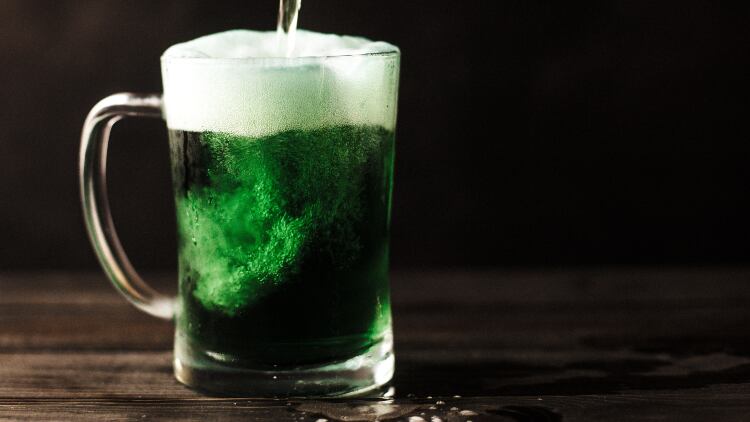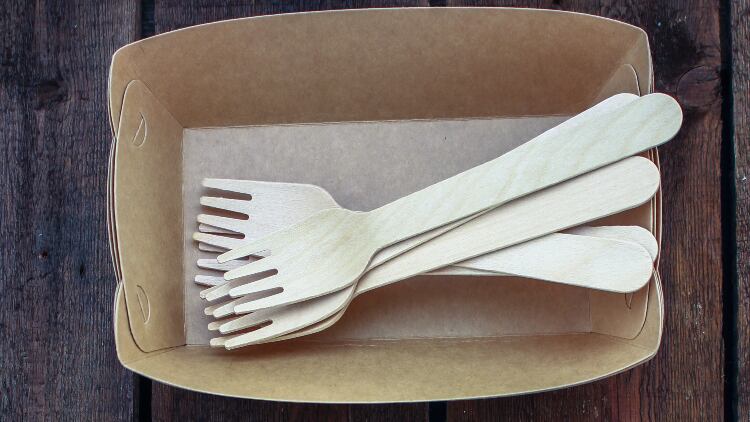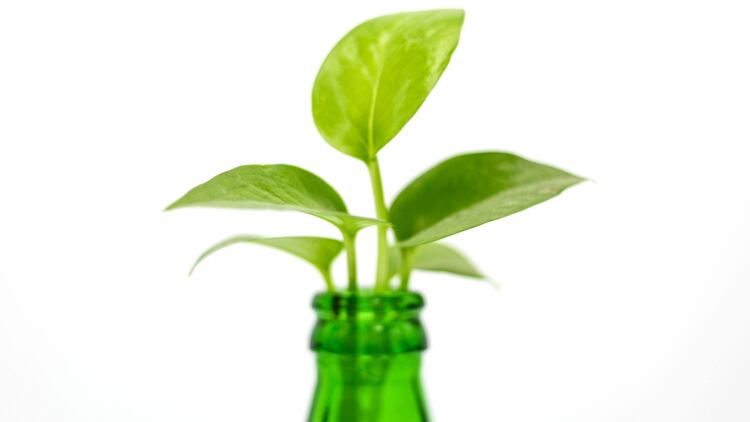A – Air miles
Sourcing local food and drink can not only strike a chord with regulars and establish a more exclusive range at your pub, it can drastically cut the carbon emissions by planes, trains and beer-laden automobiles.
“One area that’s important for us all to look at is distribution; how can we transport our beers and ciders to your pubs in the most sustainable way and reduce our footprint?” Stephen Watt, Heineken UK’s on-trade director explains. “This is an area where we need to work together with pubs and with local councils to attempt to reduce pollution and emissions in town centres.”

B – Buxton
East London pub the Buxton scooped the Open Right prize at the Sustainable Restaurant Association’s (SRA) Food Made Good Awards 2019 for its dedication to retaining the pub’s existing features, fixtures and fittings during an extensive refit.
“Materials re-used include decorative bricks, facade stonework, parts of the original steel structure, floorboards as well as some beautiful fireplaces, tiles and chimney pots,” Nicolas Tréguer, from Roberts & Tréguer, owner and operator of the Buxton, explained: “Our rationale for re-using these elements are twofold. The embodied carbon of these materials is substantial – we have saved around 21% of the whole life carbon emissions that would have been generated in comparison to us building a new pub and hotel to a similar specification.
“Also, we just feel it’s good not to waste resources when they can be incorporated into the design in a way that helps add character and provide an element of continuity, celebrating the good old features while removing the old parts that don’t have function anymore.”
C – Crisps
Sustainable sensation, the Wheatsheaf Chilton Foliat near Hungerford, Berkshire, has not only frazzled its carbon emissions by skipping on unsustainable pub snacks, but given customers another reason to visit.
Is it any wonder that the pub scooped Business of the Year, Serve More Veg and Better Meat awards at the SRA’s Food Made Good Awards 2019?
“The problem was we were buying crisps – they’re in foil packets, they’re made somewhere else, potatoes travel a long way for them to be made, then they’re sent a long way to be stored and then sent to us to, hopefully, be eaten – then we’ve got foil packet waste,” owner-chef Ollie Hunter explained.
“We went through a bit of a process to work out the best solution, but we got there – we make them ourselves using natural, organic, beautiful potatoes. That, for us, was just a solution to stop waste but what we didn’t anticipate was that we’re now renowned for our crisps because they’re so good. People now come to us because of the crisps.”
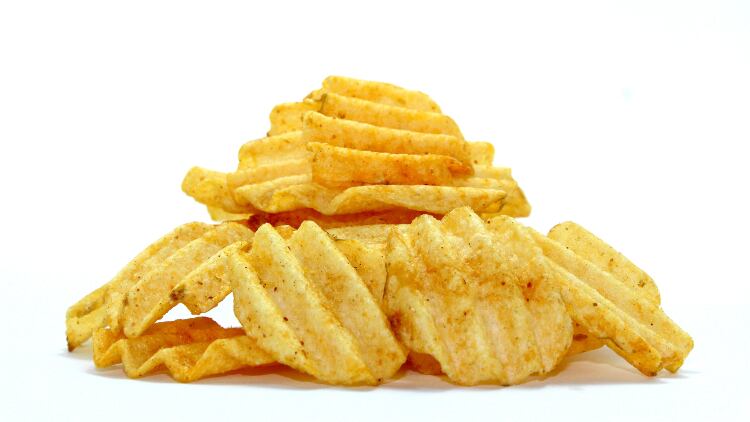
D – Do it together
“The magic really happens when we collaborate throughout the supply chain with our suppliers, our customers and licensees in our own pub business – Star Pubs & Bars,” Heineken UK’s Watt highlights.
“We can test innovation and help implement changes that not only make the pub or bar more sustainable, more attractive to consumers, but also boost the bottom line. Star Pubs & Bars also invests in providing licensees with low energy bulbs and loft insulation, helping pubs be more sustainable.
“We haven’t been able to commit to removing all consumer facing plastic single-handedly – we’ve done so by collaborating with others,” Watt continued. “No one person or business has all of the answers, but by working together, trialling solutions and monitoring the changes, you can start to have an impact.”
E – Electric car charging
With the electric vehicle market share record matched or broken three times in just the last four months of 2019 – and with 13,000 more electric vehicles sold in the UK in 2019 than 2018 – pub operators like Fuller’s, Castle Rock and Cirrus Inns have plugged into this growing green trend by installing charging stations at a number of their venues.
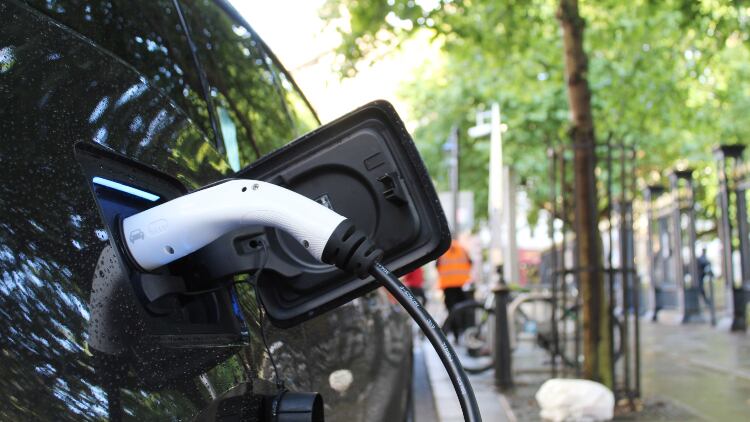
F – Financial consideration
“As cliché as it may be, cost is, of course, a significant factor,” according to Cirrus Inns’ head of property David Phillips. “In a lot of cases, pubs are extremely beautiful but very old buildings.
This means they have character by the bagful but basics such as draught-proofing, windows with an efficient U-value and damp proofing are rarely seen, which means they are retro-fitted.
“All of this comes at a cost before you begin to think of the more innovative solutions. For smaller operators looking for quick returns on their investment, very often things like ground source heat pumps, solar or wind generation, which generally have returns on investment of over five years, are out of reach.
“Even for medium or larger operators, the recent uncertainty in the market has brought about hesitation in pressing the button on longer term or less-proven initiatives, which has led to companies focusing on getting the basics bang-on before reaching out any further.”
G – Garnish
It might look pretty(ish) but are you actually meant to eat the passion fruit half floating in your Pornstar Martini or that superfluous sprig of parsley at the edge of your plate?
According to Mel Marriot, founder of Darwin & Wallace – the winner of the inaugural Best Sustainable Pub Company prize at the 2019 Publican Awards – gratuitous garnish has seen food waste pile up.
“If you’re specifying a cocktail, do you specify that it should have a garnish or is it enough for it to stand alone without?” she says. “When you specify a dish, do you put a garnish on the side of the plate that literally gets ignored? It’s basically putting extra stuff on that you don’t need.”
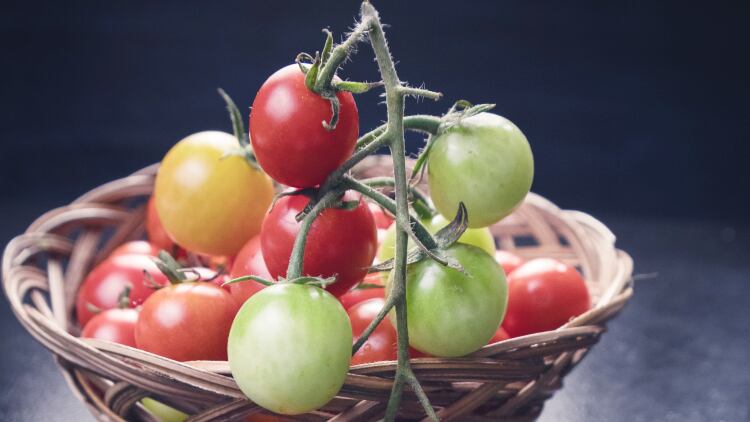
H – Home grown
On top of plumping for local suppliers and adding more vegetarian and vegan options to its menu in place of beef and lamb dishes specifically – the Buxton in east London has taken to growing its own ingredients in a rooftop urban farm to cut carbon from its food supply with “ultra-local” herb and veg production.
I – Identifying good partners
“There is a plethora of energy brokers, lighting companies, waste management companies and start-up tech companies aimed at reducing energy consumption or maximising sustainability,” according to Cirrus Inns’ Phillips.
“One of the biggest problems we’ve found is identifying those that will make a tangible difference, have the ability to work in multiple locations and have a genuine understanding the hospitality/retail environment. Many make big claims but suppliers with viable, impactful and scalable solutions are difficult to come by.”
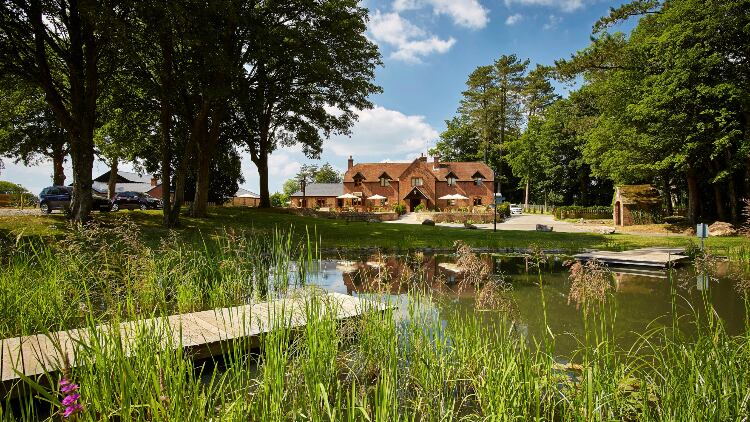
J – Jack Russell
“The Jack Russell is definitely the pinnacle of sustainability in our collection,” Phillips continues.
“We have on-site generated electricity along with a bio-mass boiler for heating that is fed using the wood shavings from tree management in the local area.”
What’s more, the rural pub’s chefs drastically reduce the air miles accrued by its meat dishes by using game from shoots on the local estate on its menu while offering guests electric vehicle charge points.
K – Kitchen layout
According to the SRA, a pub kitchen’s layout can also affect its carbon footprint. “Fridges and freezers located near ovens and burners, or in a poorly ventilated location will have to work much harder to stay cool,” a spokesperson explained. “Also, ventilator hoods located a long way from the external opening have to work much harder to remove steam and smoke.”
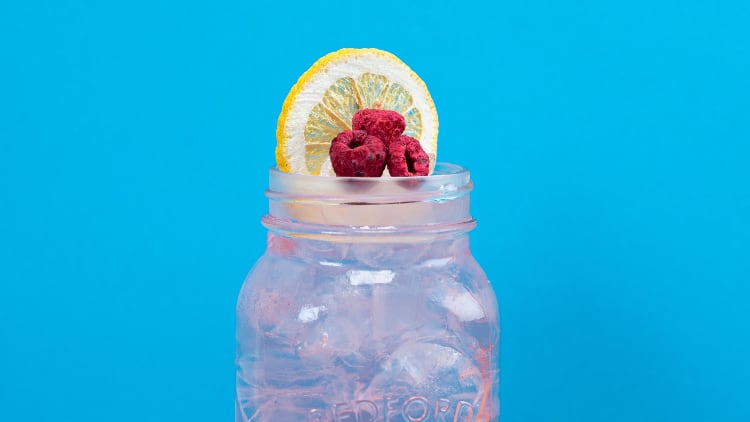
L – Lemons and limes
The average pub wastes more than 4kg worth of fruit every week – that’s around 35 whole lemons or 90 limes.
However, not only does freeze-dried fruit supplier Fruits for Drinks offer longer lasting fruit in more manageable portions to tackle this, it slices more than 25 touch points from the journey of a lemon or lime from premises delivery to the consumer’s glass – including carbon-emitting refrigeration and is lighter to transport to reduce carbon emissions.
M – Meat
According to the SRA, food accounts for more than half of the carbon emissions of an average pub, with dairy and meat accounting for at least 50% of that.
“Food production accounts for a quarter of all greenhouse gas emissions and the majority of those come from animal products,” a spokesperson explained.
“Shifting the emphasis of your menu to more veg-based dishes means you’ll be a sourcing less meat, reducing your impact on the planet and meeting demand from the growing number of flexitarians.
“This doesn’t mean you have to turn the pub vegan and remove all meat and animal products from the menu, but you can make some smart moves that will be good for the pub, its customers and the planet – removing carbon but none of the flavour.”
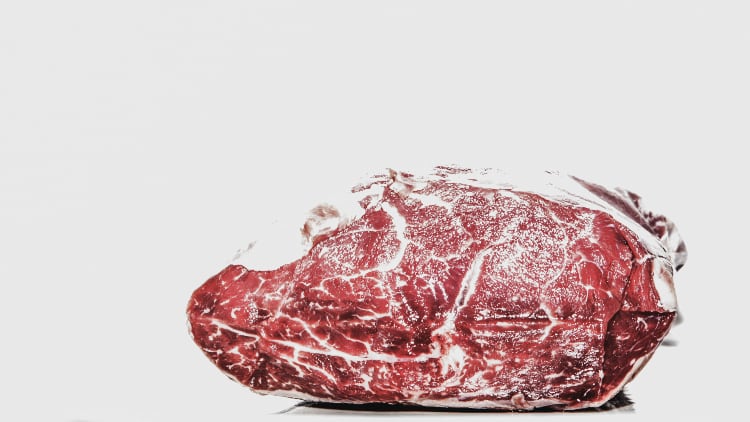
N – Nit-picking
According to Darwin & Wallace’s Mel Marriott, the collective impact of products picked for their green credentials can make a big difference to the environmental footprint of a venue.
Discussing Darwin & Wallace’s latest opening, No.35 Mackenzie Walk in Canary Wharf, London, she explains: “We didn’t use a single piece of medium-density fibreboard (MDF) because the process of making it is hazardous and actually it turns out that for people working with MDF it can be very toxic – there are other things you can use. In our bathrooms, we use recyclable soaps, hand creams and our chefs jackets are made out of recycled plastic.”
What’s more, Oxfordshire-based pub furniture supplier Pub Stuff, is examining new ways to replace plastics and other unfriendly materials in its furniture.
For example, potato starch chair covers and using rubberwood to manufacture new items given its 13 to 15-year regrow period compared to oak, which takes up to 100 years. Additionally, it only ships by water due to lower Co2 emissions.
O – On-the-job training
“We don’t like to dictate to our partners how to run their pubs, but we provide them with the information and tools to optimise a sustainable approach to running their business,” Cirrus Inns’ Phillips says.
“Sustainability and energy reduction is a core part of our partners’ induction programme. I will sit with any new publican and run through our energy saving tips document to set them up with the knowledge to keep their environmental impact low.”

P – Plastic
The Blue Planet effect has seen the pub sector wage war on single-use items such as plastic straws with metal, paper and even pasta alternatives floated in the on-trade.
Q – Quantify
According to the SRA, food waste is a major contributor to a pub’s carbon footprint and costs the pub sector around £350m per year.
“There are a number of ways of ensuring food stays on the plate and out of the bin,” a spokesperson suggests.
“Undertaking a simple DIY food waste audit, using separate bins, recording what’s thrown out and whether it was ‘spoilage’, ‘prep’ or plate waste will help identify the main culprits.”
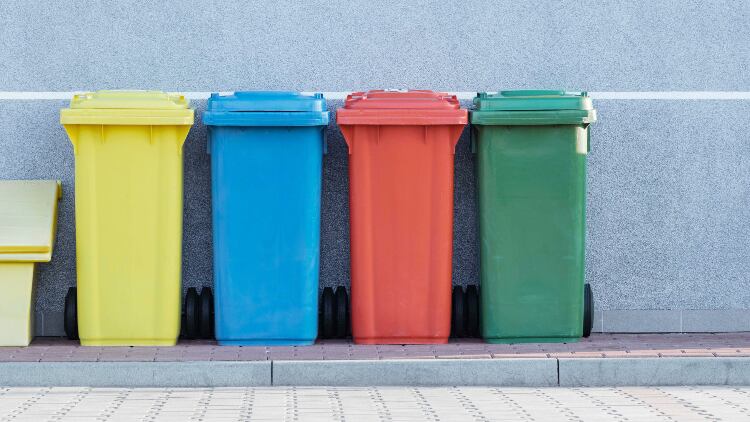
R – Renewable energy
According to the SRA, it would take more than 6,500 trees to absorb the annual carbon dioxide output of the typical British pub – approximately 13,000 kg of Co2 per year.
However, pub companies are making efforts to switch to more sustainable energy. Cirrus Inns, for example, has taken steps to implement a green energy strategy across its estate of 25 pubs.
“Last year, we implemented a green energy procurement policy that means that the majority of our energy across the collection is now sourced from 94% renewable sources saving 742.5 tonnes of Co2 per year,” head of property David Phillips explains.
S – Stag
An issue held dear by the operators of a Northants pub, the team behind the Stag in Maidwell have grabbed the issue of sustainability by the horns by building a sustainable café at the community venue.
The brainchild of licensee, Rob Willoughby, the café boasts upcycled furniture rescued from a skip, fully recyclable takeaway cups for teas and coffees and locally sourced ingredients from cakes to coffee beans.
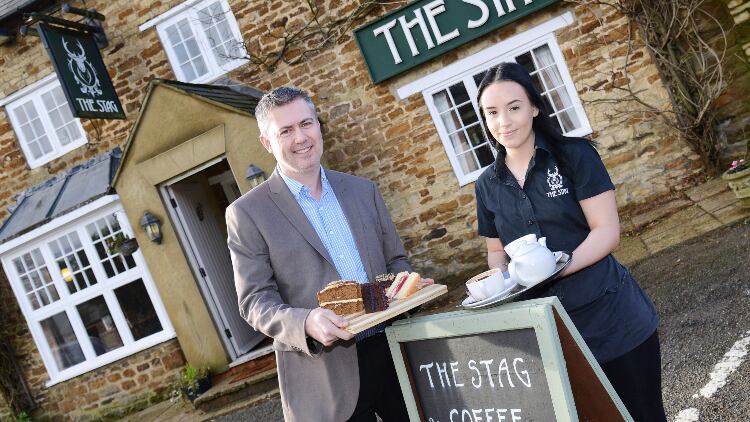
T – Turn it off
“Energy use accounts for 4-6% of daily operating costs for the average food service business, while constituting a significant environmental impact too,” according to an SRA spokesperson.
“A 20% reduction in energy use can represent the same benefit as a 5% increase in sales.
“Smart meters need not be an expensive investment. Tracking this data will help you understand the peaks and troughs of your energy usage and comparing this to your sales data can help you calculate your energy cost per cover.
“This makes your energy bill more tangible and can help demonstrate a reduction in energy usage even when your business is growing.”
U – Use it again
“The average pub wastes around £8,000 every year and within Star Pubs & Bars’ estate we have teamed up with the waste management company Biffa to help reduce pubs’ waste to landfill and increase recycling,” according to Heineken’s Stephen Watt.
“Over the past year, we’ve been able to divert an additional 4.5 tonnes of waste, equivalent to a full lorry, per month from landfill and recycling rates are averaging around 70%.”
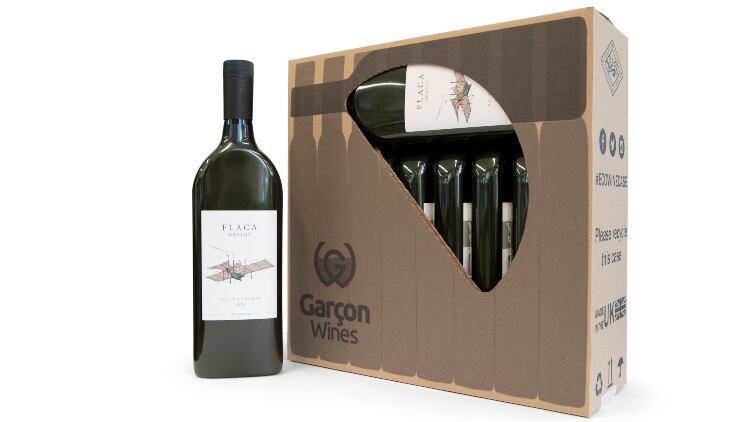
V – Vino
Flown in glass bottles from winemaking heartlands in South America, Australia, New Zealand and southern Europe – wine’s carbon emissions are in the red.
However, Garçon Wines has developed a compact wine case with a unique packing orientation, allowing 10 bottles to be packed in a case that would otherwise deliver just four traditional round, glass vessels of the same volume – offering a 60% reduction in greenhouse gas emissions and overall logistics costs. Garçon’s 100% recycled bottles are made of food-grade, pre-existing PET rather than single-use plastic, are 87% lighter than traditional glass bottles, weigh 63g versus an average 500g for glass – and save more than 500g of Co2 across the supply chain each.
W – Water
According to government-funded sustainable business body Envirowise, the on-trade uses around 391bn litres of water every year – enough to fill 156,400 Olympic-sized swimming pools. Waterless urinals, and more efficient cellar systems can help reduce the pub sector drain on a valuable resource.

X – Xplore
According to Darwin & Wallace’s Mel Marriott, there’s a wealth of green knowledge online, across social media, and in the minds of colleagues provided you put the effort in.
“I follow Take 3 For the Sea, for example, which encourages people to collect three bags of plastic and put it in the right place every time they visit the beach,” she explains.
“Aside from that, we’ve worked with the SRA from the get-go and they were an invaluable source of other partners like waste recyclers and other people we could work with to make a difference – energy suppliers.
“If you don’t have the knowledge, it’s about working with people and asking the question.”
Y – Your cellar
According to Heineken UK’s Stephen Watt, the rollout of the beer behemoth’s greener, cleaner, more energy efficient cellar coolers almost a decade ago has had a profound impact on pub carbon footprints – with its ale pythons 20% more energy efficient than standard.
“Our SmartDispense system was the first green, draught beer and cider cooling system, offering a combination of improved quality serve, more efficient coolers, less environmental impact and reduced wastage – helping pubs to cool and serve pints in a more sustainable way than before,” Watt says.
“This year, SmartDispense operators will have saved more than 100m pints of water and 360 tonnes of dispense CO2 in six years. As well as these tangible sustainability benefits, SmartDispense minimises your beer and cider wastage, while delivering a perfect pint every time to your customers.”
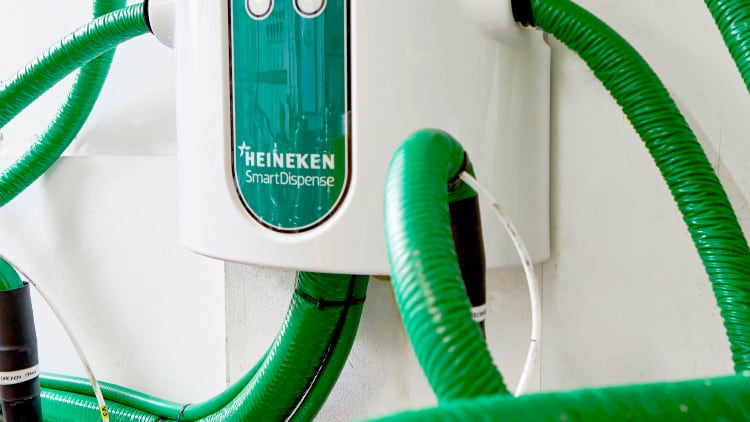
Z – Zero waste
Outlets that fail to take sustainability seriously are in danger of losing custom according to Zonal’s director of online commerce, Helen McMillan, who explains that two thirds (67%) of consumers are less likely to revisit or recommend a venue if they appear to ignore food waste.
“With more than a third of food waste emanating from customers’ plates, offering them the option of smaller portions for some dishes is a great way of reducing waste and communicating that you care about the food you’re serving, your customers and the planet,” according to an SRA spokesperson.
“Designing dishes and menus to ensure that the whole ingredient is used is another smart way of reducing waste – an extension of the nose to tail, root to fruit and fin to gill approach. With food waste accounting for about 10% of all carbon emissions, going to war on waste will have some big wins for the planet.”

